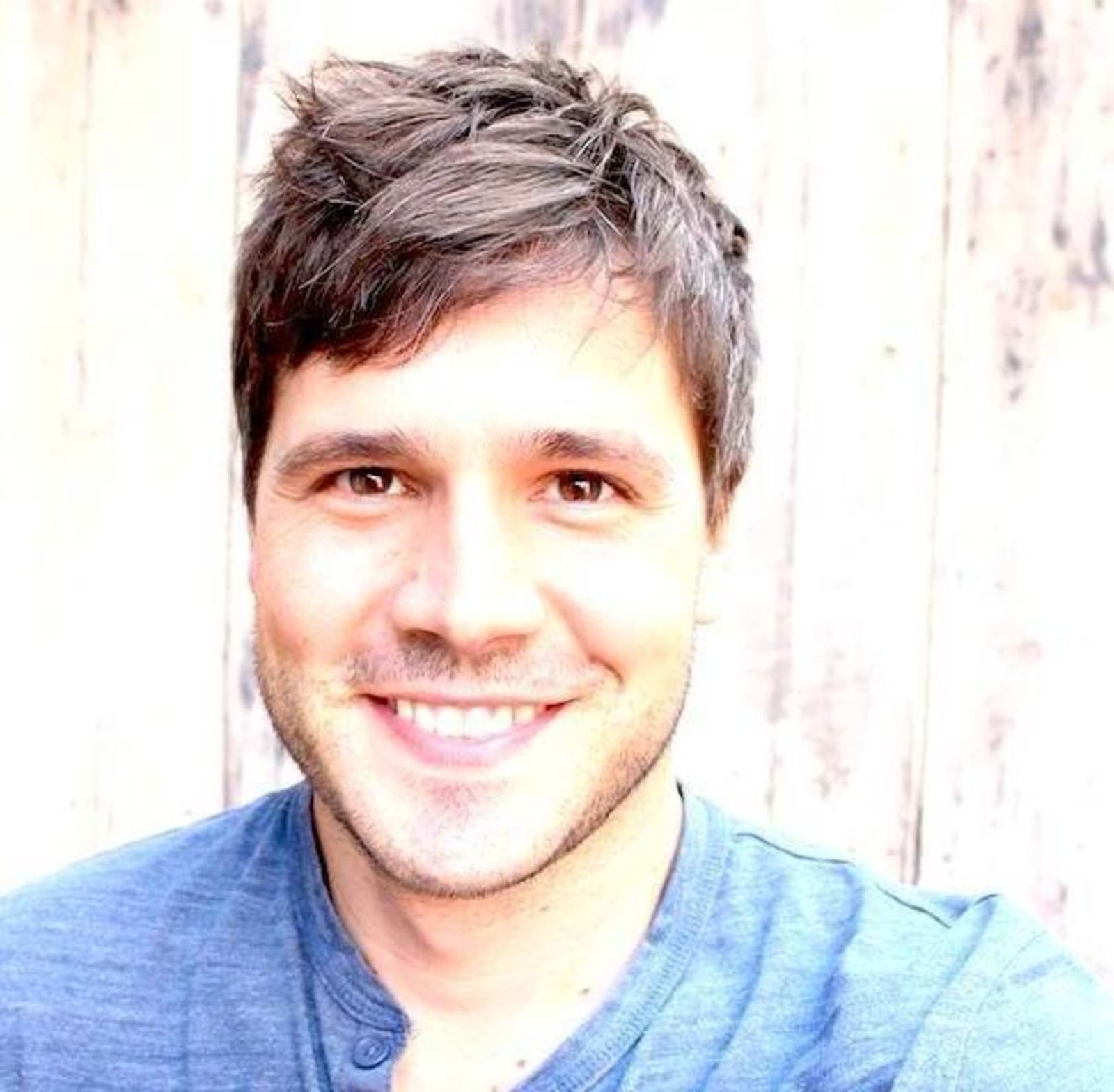Equal Justice Initiative moves us forward by looking back
We’re humbled that Virgin Unite gets to work with partners to reform the US criminal justice system. And in doing so, contribute to the growing anti-racist movement.
The country’s sprawling web of criminal legal systems significantly exacerbates racial disparities at every step. On average, there are different outcomes for the same behavior, depending on the color of your skin:
Who is targeted by the police? What happens when stopped? Who is held in jail pre-trial? What charges are filed by prosecutors? Who has access to good legal support? Who is found guilty in a trial? What or how long is the sentence? What are the terms of probation or parole? How does your record affect your prospects after it’s all over?
With so many overlapping systems, operating at local, state, and national levels, the issues are complex. It’s both infuriating and dizzying at the same time. But a few leaders stand out in their efforts to explain why racism is so engrained and entrenched in America, and why the criminal justice system, in particular, is one of the most important fronts in the fight for racial equality.
One name mentioned in almost any conversation about the leaders in the fight for racial justice is Bryan Stevenson. Bryan started the Equal Justice Initiative (EJI) in Montgomery Alabama in 1989 to provide legal representation to those who may have been denied a fair trial. The most egregious cases were men on Alabama’s death row. Then, as today, most of those men were Black. Over the years, he came to understand that the implicit and explicit racism that shaped who the US criminal legal systems ensnared, hurt, and often killed, could be traced directly back to America’s beginnings.
Stevenson realised that there was a narrative of racial difference and white supremacy that was first used to justify killing millions of native people through famine, war, and disease. It justified the enslavement and forced labor of millions of African and then African American people. While we outlawed slavery, the narrative persisted, morphing into Jim Crow laws and a culture of racial terror. Then into violent resistance to desegregation. And now, mass incarceration.
In a recent interview with The New Yorker, reflecting on the frustration driving the George Floyd protests, Stevenson made the case for why looking back is essential to moving forward:
“The great evil of American slavery wasn’t the involuntary servitude; it was the fiction that Black people aren’t as good as white people, and aren’t the equals of white people, and are less evolved, less human, less capable, less worthy, less deserving than white people.
That ideology of white supremacy was necessary to justify enslavement, and it is the legacy of slavery that we haven’t acknowledged. This is why I have argued that slavery didn’t end in 1865; it evolved.”
In addition to continuing their incredible work representing clients who don’t get a fair trial, EJI have expanded their work to include confronting the policies of mass incarceration, and perhaps most important, teaching us all about the root causes of racism woven into all of us through our history.
"[You] can’t understand these present-day issues without understanding the persistent refusal to view Black people as equals. It has changed, but that history of violence, where we used terror and intimidation and lynching and then Jim Crow laws and then the police, created this presumption of dangerousness and guilt.”
Through books and films like Just Mercy, Talks, and most recently through their powerful new museum and memorial, EJI is eroding the veil of implicit and explicit racisim that continues to shape the Black experience in America. A persistent force that challenges the humanity of all Americans.
In the wake of George Floyd’s horrific killing at the hands of police, which followed so quickly after Breonna Taylor’s killing by police, Ahmoud Arbery’s killing by vigilantes, and countless others, Virgin Unite is looking to partners like EJI to help us understand how we got here and how we move together in a different direction.

